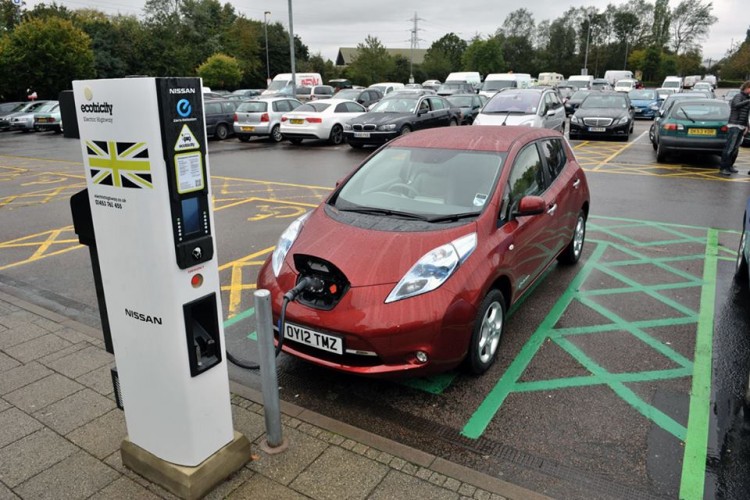
UK’s Office for Low Emission Vehicles and Department for Transport announced plans to spend £43 million ($65.5 million) for infrastructure and research and development of plug-in electric vehicle funding.
The part tied to infrastructure is larger – £32 million ($49 million) and includes:
£15 million to continue the Electric Vehicle Homecharge Scheme. ULEV drivers will receive a 75% grant of up to £700 towards installation from 13 April 2015
£8 million to support public charging infrastructure across the UK which, alongside £15 million Highways Agency funding announced in Autumn 2014, will deliver chargepoints on major roads and across towns and cities- bidding for these schemes will open in May 2015
£9 million to address other infrastructure priorities, for example, ensuring that the UK’s world-class chargepoint network remains accessible and open for users – further details will be announced later this year

The first part, the £700 (over $1,050) incentive for home charging stations, seems to result in a free charging station.
There will be also a lot of new charging points, this to an area that already has one of the most dense networks in Europe.
Separately, £11 million ($16.8 million) will power 15 R&D projects, but not all of them are directly related with EVs. Three projects were revealed in the press release:
the creation of a novel recycled carbon fibre material that will bring lightweight, low cost vehicle chassis structures to the mass market (led by Gordon Murray Design Ltd)
development of a zero emission electric bus with hydrogen fuel cell range extender at a fraction of the cost of the current generation of hydrogen buses (led by Magtec)
a prototype zero-emission power and cooling system adapted from a cutting-edge liquid nitrogen powered engine that will dramatically reduce the CO₂ emissions from refrigerated trucks and air-conditioned buses (led by Dearman Engine Company Ltd).